NEW HARMONY
INDIANA
We are a river of time, and it keeps on flowing.
JANE BLAFFER OWEN
APRIL 18, 1915JUNE 21, 2010
NEW HARMONY
INDIANA
Like a River Not a Lake A Memoir
JANE BLAFFER OWEN
AFTERWORDS BY
Anne Dale Owen and Jane Dale Owen
EDITED BY
Nancy Mangum McCaslin
This book is a publication of
Indiana University Press
Office of Scholarly Publishing
Herman B Wells Library 350
1320 East 10th Street
Bloomington, Indiana 47405 USA
iupress.indiana.edu
Telephone800-842-6796
Fax812-855-7931
2015 by The Jane Blaffer Owen Management Trust
All rights reserved
No part of this book may be reproduced or utilized in any form or by any means, electronic or mechanical, including photocopying and recording, or by any information storage and retrieval system, without permission in writing from the publisher. The Association of American University Presses Resolution on Permissions constitutes the only exception to this prohibition.

The paper used in this publication meets the minimum requirements of the American National Standard for Information SciencesPermanence of Paper for Printed Library Materials, ANSI Z39.481992.
Manufactured in China
Cataloging information is available from the Library of Congress.
ISBN 978-0-253-01624-9 (cloth)
ISBN 978-0-253-01663-8 (e-book)
1 2 3 4 5 20 19 18 17 16 15
FRONTIS: Jane Blaffer, Portrait 3, 1936. Vera Prasilova Scott took many photographs of the Blaffer family. Her originals are now archived in the Vera Prasilova Scott portraiture collection, MS 497, Woodson Research Center, Fondren Library, Rice University, Houston, TX, Rice University.
Courtesy of Rice University. Blaffer-Owen family photograph.
PAGE III: Fish above the Lab 1988 John Hubbard. Courtesy of John Hubbard.
ENDPAPERS: Area Map and Town Map 2013 Kenneth A. Schuette.
Dedicated to
THE TOWNSPEOPLE OF NEW HARMONY
PAST, PRESENT, AND
FUTURE.
I will never leave this house of light, I will never
leave this blessed town
for here I have found my love and here I will stay
for the rest of my life.
If this world turns into a sea of trouble
I will brave the waves and steer my minds ship
to the safe shore of love.
If you are a seeker looking for profit, go on
and may God be with you,
but I am not willing to exchange my truth,
I have found the heart and will never leave
this house of light.
Jalaludin Mohamad Rumi,
Thirteenth-century Sufi mystic,
from Rumi Hidden Music.
Reprinted by permission of HarperCollins Publishers Ltd.
Azima Melita Kolin and Maryam Mafi, translators, (2001).
Contents
John Philip Newell |
J. Pittman McGehee |
Jane Blaffer Owen |
Jane Blaffer Owen |
Connie A. Weinzapfel |
Nancy Mangum McCaslin | FROM SPOKEN TO
WRITTEN WORDS |
Anne Dale Owen |
Jane Dale Owen |
Foreword
John Philip Newell

JANE BLAFFER OWEN ranks among the most beautiful and wise women the modern world has known. I met her over ten years ago. She was already in her mid-eighties. And I fell in love with her immediately, as have countless other men and women of every age and stage. Yes, she was beautiful physically as well as intellectually and emotionally. But it was the way she embodied vision that drew most of us to her. And we who love her have come from many, many disciplines, ranging from art and culture to science and religion.
Carl Jung, the founder of analytical psychology, said that the Spirit is a coniunctio oppositorum, a conjoining of what has been considered opposite: heaven and earth, spirit and matter, the feminine and the masculine, East and West, the night and the day, the unconscious and the conscious, the head and the heart, spirituality and sexuality, our individual stories and the one story, the story of the Universe. Jane Owen lived among us as a messenger of Spirit. She was forever weaving together what has been torn apart.
Close to the heart of her vision is the Roofless Church of New Harmony. It has four defining walls but truly no roof. It is to me one of the most prophetic sites of prayer in the Western world. Over fifty years ago, well in advance of the earth-awareness of today, Jane Owen saw that our sacred sites must not be cut off from the temple of the earth. Our places of prayer must not represent separateness from the other species and the other people of the world. The Roofless Church stands as an abiding testimony to this vision. The primary context of religion, and indeed of life itself, must be the great and living cathedral of earth, sea, and sky. If we are to be whole, we must come back into relationship with Creation.
Jane Blaffer Owen with John Philip Newell.
Photograph by Alison Erazmus, 2010.
The next day, in studying photographs of the celebration, I pointed out to her that she had been gazing around quite a bit during the procession, to which she replied, I was just counting the number of people. Jane Owen was forever passionate about continuing the vision.
At the heart of the Roofless Church is her most cherished work of art Descent of the Holy Spirit (Notre Dame de Liesse) by Jacques Lipchitz. The sculpture is of the Spirit, in the shape of a dove, descending on an abstract divine feminine form that is opening to give birth. At one level Lipchitz is pointing to the story of Jesus, who was conceived by the Spirit in the womb of Mary. But at another level Lipchitz is pointing to the story of the Universe. Everything that has being has been conceived by the Spirit in the womb of the Universe. In other words, everything is sacred. This is the vision that guided Jane Owen to commit herself to reweaving the strands of lifebetween nations, between cultures, between religions, between any of the so-called opposites that have tragically separated us in our lives and world.

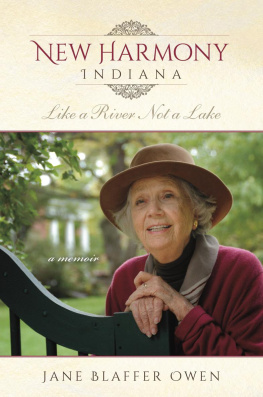

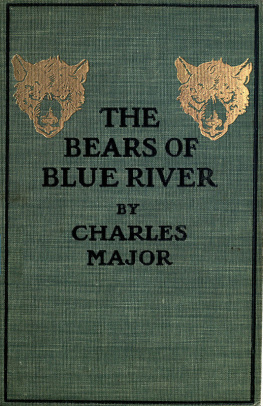

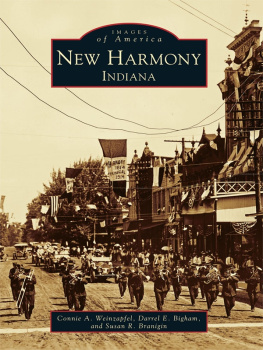

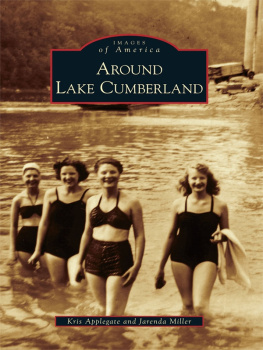
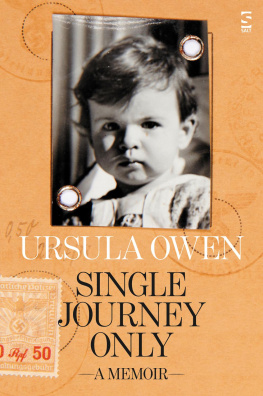







 The paper used in this publication meets the minimum requirements of the American National Standard for Information SciencesPermanence of Paper for Printed Library Materials, ANSI Z39.481992.
The paper used in this publication meets the minimum requirements of the American National Standard for Information SciencesPermanence of Paper for Printed Library Materials, ANSI Z39.481992.
 JANE BLAFFER OWEN ranks among the most beautiful and wise women the modern world has known. I met her over ten years ago. She was already in her mid-eighties. And I fell in love with her immediately, as have countless other men and women of every age and stage. Yes, she was beautiful physically as well as intellectually and emotionally. But it was the way she embodied vision that drew most of us to her. And we who love her have come from many, many disciplines, ranging from art and culture to science and religion.
JANE BLAFFER OWEN ranks among the most beautiful and wise women the modern world has known. I met her over ten years ago. She was already in her mid-eighties. And I fell in love with her immediately, as have countless other men and women of every age and stage. Yes, she was beautiful physically as well as intellectually and emotionally. But it was the way she embodied vision that drew most of us to her. And we who love her have come from many, many disciplines, ranging from art and culture to science and religion.